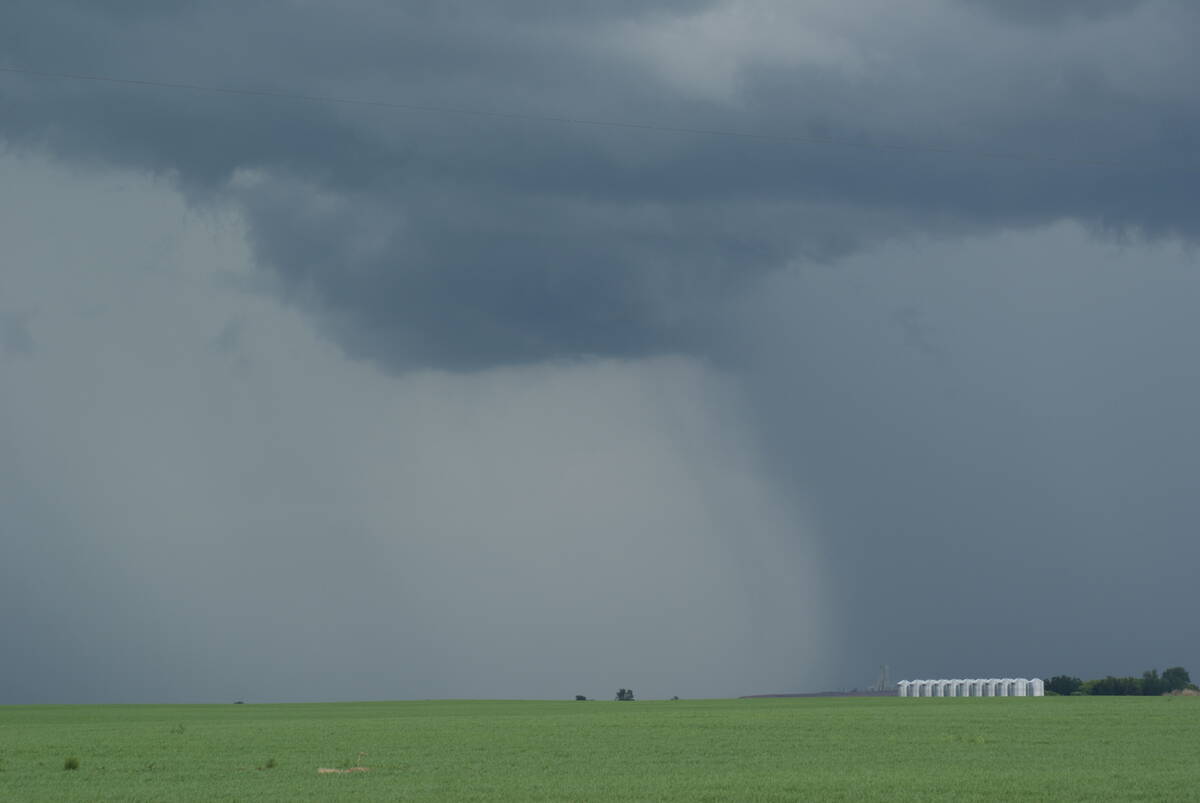Saskatchewan Premier Brad Wall isn’t the only conservative-leaning politician expressing dissent to a federal government national carbon pricing plan.
Opposition to a federal carbon tax is front and centre in Ottawa, where Conservative party MPs are using question period to establish their opposition to any form of carbon pricing.
“Job-killing carbon tax” and “carbon tax scheme” are favourite phrases.
Several western MPs, including newly appointed Conservative party agriculture critic David Anderson, cite what they say are examples from rural Canada that show why the Liberal government should abandon its environmental plan.
Read Also

Canadian farmers need new tools to support on-farm innovation
Farmers need a risk management buffer that actually works and investment that drives advancements forward if Canada is to build resilience.
In response, Natural Resources Minister Jim Carr from Manitoba pointed to other parties that already support carbon taxes and pricing systems.
“This government understands about carbon pricing and taxing pollution,” Carr said, pointing to his colleagues. “The NDP understand about carbon pricing… the Greens understand. The Bloc understand. Who does that leave, Mr. Speaker?”
The government also points to other provincial carbon regulations to justify the federal government’s intention to implement some kind of national carbon pricing plan.
Environment Minister Catherine McKenna has used British Columbia’s carbon tax as an example of a “revenue-neutral” environmentally friendly response.
Here’s the thing. British Columbia’s existing carbon tax has a built-in exemption for the province’s agriculture industry — notably for greenhouses, where electricity consumption is one of the leading input costs for the industry. That exemption was added after the initial plan nearly bankrupted producers, whose operations are heavily dependent on electricity and natural gas.
Meanwhile, in Alberta, the NDP’s carbon tax currently includes an exemption for purple gas (farm gas). However, there is no exemption for the province’s agricultural industry when it comes to natural gas — one of the principle fuels used to heat livestock barns and a key ingredient in nitrogen fertilizer production.
Alberta officials are prepping themselves for the anger that is expected from producers and the agriculture industry when they get their first heating bills.
Nor does it help climate advocates when one of the province’s largest feedlots, Western Feedlots, suddenly announces it is closing its 100,000 head operation in early 2017, putting 85 people out of work because of what company officials call a “poor political and economic climate in Alberta” that includes the new carbon tax.
In Ottawa, there’s been no mention of an exemption for agriculture from the pending national carbon pricing plan. Nor has there been any admission from the federal government that most existing provincial carbon pricing plans have exceptions for agriculture.
After all, as Tom McKay of the Canadian Taxpayer Federation and Robin Speer of the Western Canadian Wheat Growers Association wrote in the Globe and Mail recently, “a farmer can’t pull an air seeder with a Prius.”
To be fair, the Liberals have provided few public details on how they plan to meet the targets set out under last year’s Paris agreement on climate change. Nor have they explicitly ruled out an exemption for Canada’s agriculture sector, despite the backlash that is very likely to come from more urban party backers and conservationists, who routinely point to agriculture’s carbon footprint. In Manitoba, for instance, agriculture accounts for 30 percent of the province’s greenhouse gas emissions.
With the provinces set to meet in October on the climate change file, the Liberals appear to be favouring a wait-and-see approach, until battle lines have been drawn.
Still, don’t expect Conservative opposition to a carbon tax to suddenly disappear. They’ve dug in their heels and insiders say there’s no plan to back down anytime soon.














